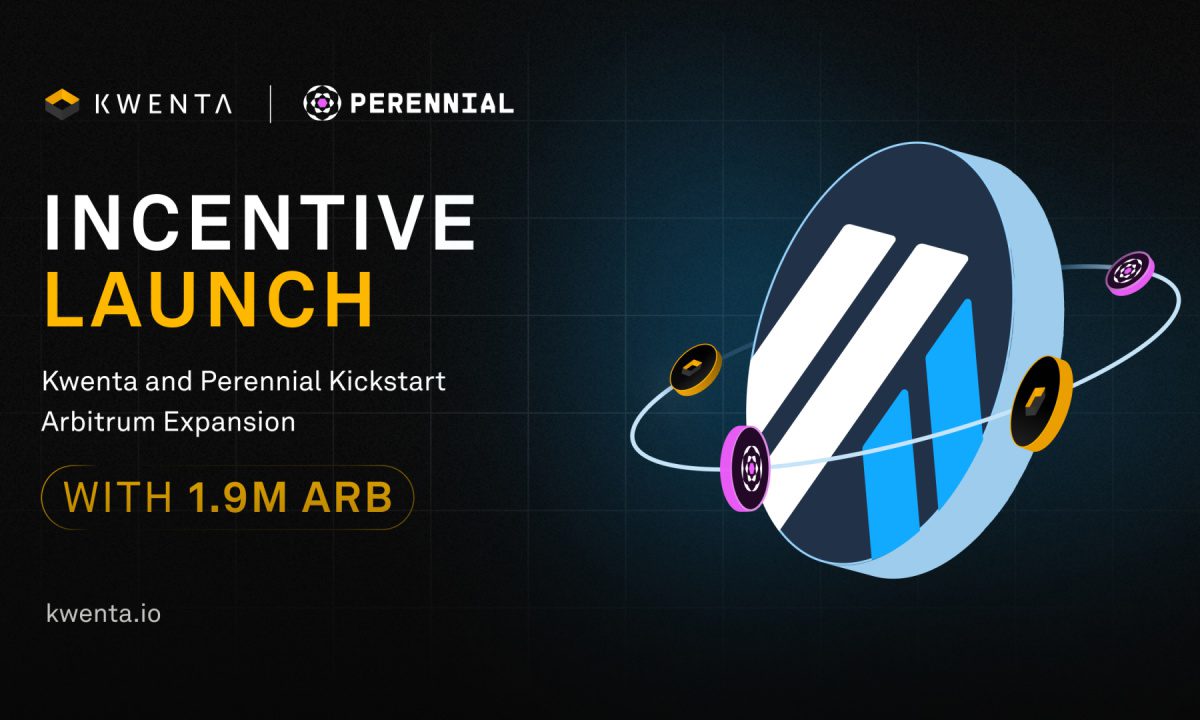A validator is a crucial component of the Proof of Stake (POS) consensus mechanism that authenticates blocks to earn rewards.
The decentralized nature of blockchain technology is impressive and promising, leading to its increasing adoption. Every blockchain consists of nodes, which store data. However, this data needs validation or verification on the blockchain network. This is where a validator comes in.
A validator plays a critical role in ensuring the accuracy and security of transactions on a blockchain network. It is responsible for validating each transaction and ensuring its compliance with the rules defined by the network. Just like a banker verifies a transaction before processing it, a validator confirms the accuracy and legal authenticity of an incoming transaction.
In the Proof-of-Stake (PoS) mechanism, a validator evaluates the validity of a transaction based on specific rules. These rules are designed to maintain the integrity and transparency of the blockchain network. Validators are tasked with ensuring that transactions are legitimate and comply with the established protocols.
Unlike the Proof-of-Work (PoW) mechanism, which relies on miners to solve complex mathematical problems, PoS does not require extensive computational power or specialized hardware. Instead, PoS focuses on the ownership or stake of a cryptocurrency to determine who gets to validate transactions. Validators are randomly selected based on the number of coins they hold or have “staked” in the network.
Let’s take a closer look at the differences between PoW and PoS mechanisms:
What is the difference between PoW and PoS?
In a PoW blockchain, miners compete to solve complex mathematical problems. Once a miner finds the solution, they broadcast it to the network, and other nodes verify the solution’s validity. The first miner to solve the puzzle gets the opportunity to add the next block to the blockchain and receives a reward in the form of newly minted coins. Miners, in this case, act as validators by verifying the transactions.
However, PoW has some drawbacks. It requires significant computational power, specialized hardware, and consumes a substantial amount of energy. This energy-intensive process has raised concerns about its environmental impact and scalability. Furthermore, as the blockchain network grows, the difficulty of the mathematical problems increases, making mining less accessible to regular users.
On the other hand, PoS offers a more energy-efficient and scalable alternative. Instead of relying on computational power, PoS selects validators based on the number of coins they hold or have staked in the network. Validators are chosen randomly, and their chances of being selected are proportional to the amount of cryptocurrency they hold. This mechanism encourages participants to have a vested interest in the network’s success, as validators who act maliciously or dishonestly may lose their staked coins.
Validators in a PoS system earn rewards in the form of transaction fees or network fees. By participating in the validation process, validators contribute to the security and stability of the blockchain network and are incentivized for their efforts.
It is important to note that PoS is not without its challenges. One common concern is the “nothing at stake” problem, where validators could potentially validate multiple competing chains simultaneously. To address this, various PoS systems implement mechanisms such as “finality” or “slashing” to discourage validators from behaving dishonestly and to ensure consensus is reached on a single valid chain.
In conclusion, validators play a critical role in blockchain networks by verifying the accuracy and legitimacy of transactions. They contribute to the security and stability of the network, ensuring that only valid transactions are added to the blockchain. While PoW and PoS are both validation mechanisms, PoS offers a more energy-efficient and scalable alternative. Validators in PoS systems are selected based on their ownership or stake in the cryptocurrency and are rewarded for their participation. This incentivizes validators to act honestly and secure the network.













